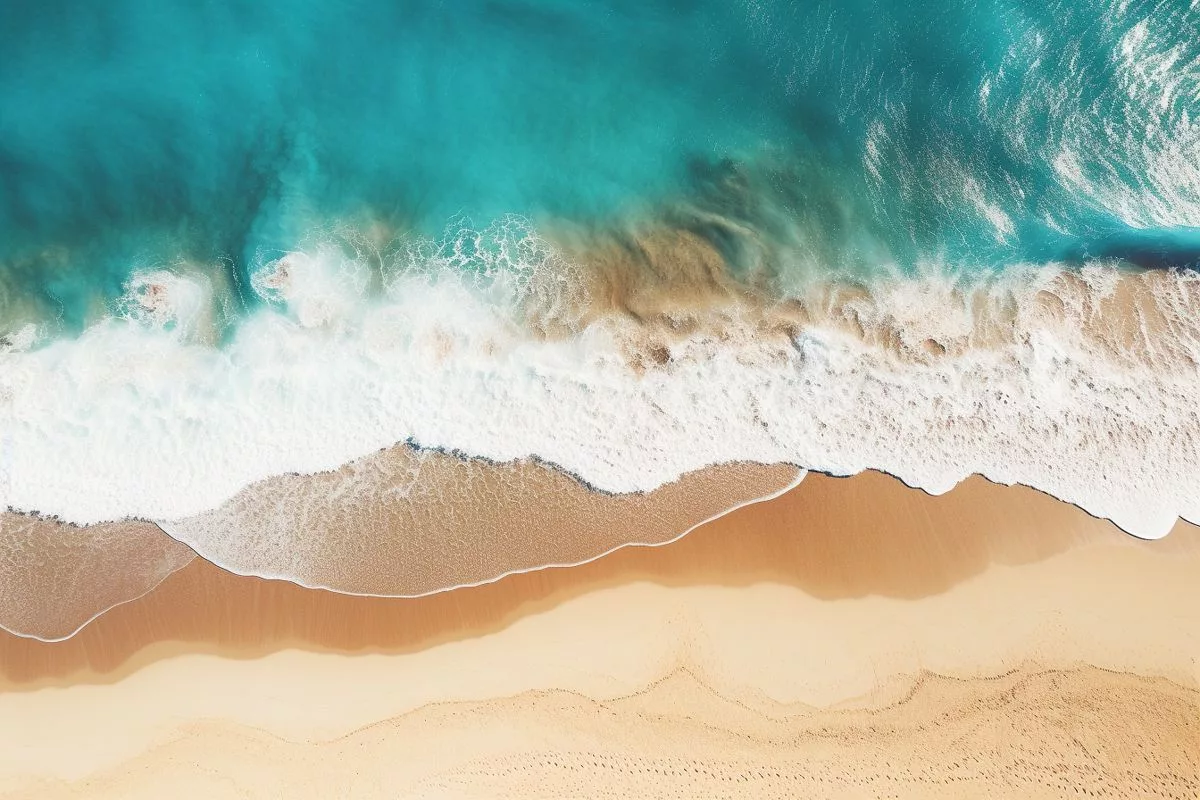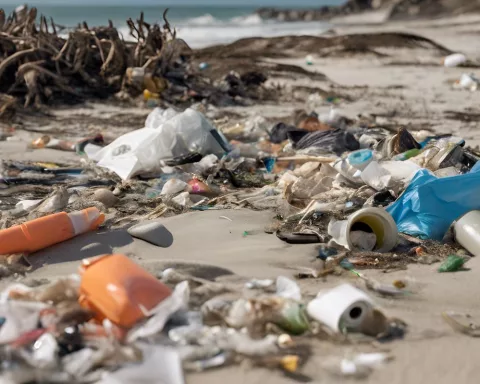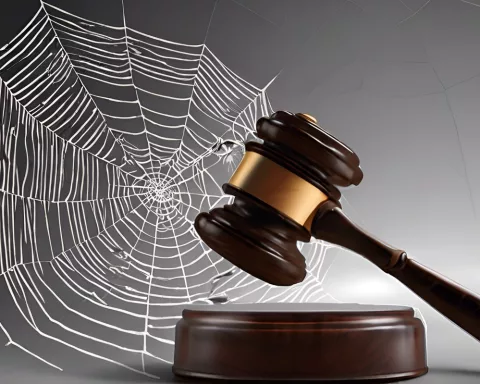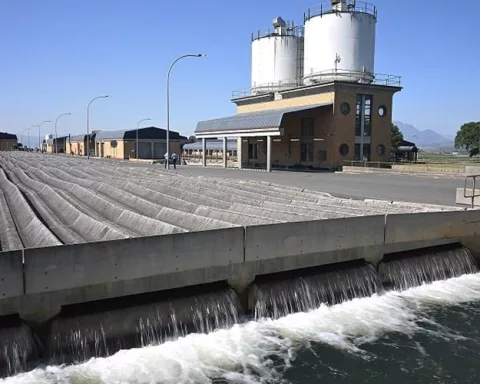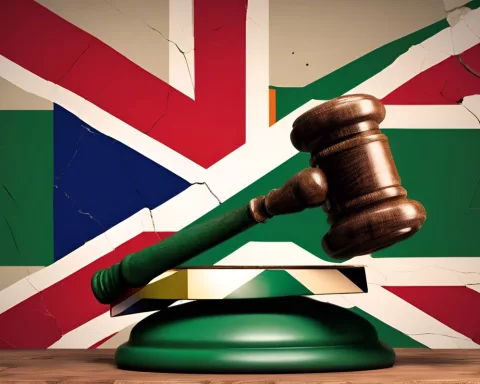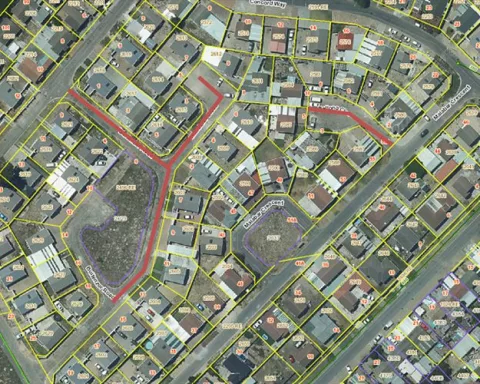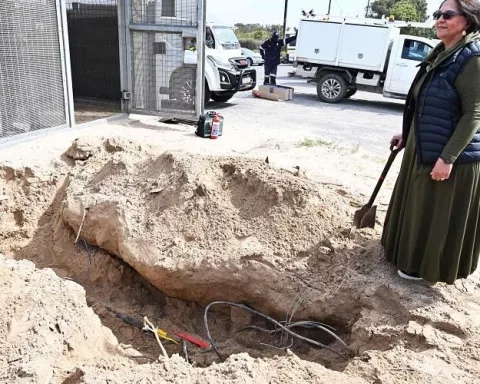Durban’s beaches, famous for their golden sand and crystal-clear waters, have been temporarily closed due to poor water quality. The closure of popular beaches like uShaka, South, North, Point, Battery, and Country Club has caused concern among tourists and locals alike. Causes of the contamination are uncertain, but the eThekwini Municipality has teamed up with environmental organizations to identify and mitigate the sources of pollution. Despite the setback, Durban remains committed to environmental preservation and promises to provide updates on the resampling and monitoring process.
Durban, the third most populated city in South Africa, is renowned for its radiant climate and splendid golden beaches. However, the recent revelation of inferior water quality has led to the closure of several celebrated beaches by the eThekwini Municipality, a governing body of Durban. This drastic measure is aimed at safeguarding public health along the city’s shoreline.
Closure of Favored Beaches
The closure of beaches such as uShaka, South, North, Point, Battery, and Country Club has raised concerns among both locals and tourists. The tourism sector is expected to be particularly affected, considering that the beaches are often cited as the primary draw for visitors.
Causes of Contamination
The origins of the contamination remain uncertain, with speculation pointing towards potential factors like heavy rainfall, industrial waste, and sewage leaks. The city’s participation in the Blue Flag program, which recognizes high standards in water quality and environmental management, makes the current predicament particularly unsettling.
Social Media Reaction
Social media has been abuzz with hashtags like #OperaNewsHub gaining traction amongst users expressing their disappointment and concern. A segment of the discourse has pointed towards persisting problems with waste management, suggesting the need for a reassessment of municipal priorities.
Efforts to Address the Issue
In collaboration with environmental organizations Adopt-A-River and Talbot, the eThekwini Municipality has amplified efforts in water quality testing. Their goal is to identify and mitigate the sources of pollution, with the city’s public health and the preservation of its natural beauty as their utmost priority.
Durban’s Commitment to Environmental Preservation
Beyond its beaches, Durban’s commitment to environmental preservation is evident in attractions like uShaka Marine World. This marine life center emphasizes the critical role oceans play in our planet’s health, skillfully weaving together entertainment, education, and conservation.
Promise to Provide Updates
The eThekwini Municipality continues to assure both residents and visitors that resolving the issues leading to the beach closures is their top priority. They promise to maintain transparency, providing regular updates as the resampling and monitoring processes unfold.
The closure of Durban’s beaches due to inferior water quality is a significant setback for the city’s tourism industry. However, the eThekwini Municipality’s efforts to address the issue and maintain transparency in the process offer a glimmer of hope that the beaches will be returned to their former glory. In the meantime, tourists are encouraged to discover Durban’s other attractions.
1. Why have Durban’s beaches been temporarily closed?
Durban’s beaches have been temporarily closed due to poor water quality caused by contamination.
2. What are some of the potential causes of contamination?
Speculations on potential causes of contamination include heavy rainfall, industrial waste, and sewage leaks.
3. How are people reacting to the closure of Durban’s beaches?
Social media has been abuzz with hashtags expressing disappointment and concerns, with some suggesting the need for reassessment of municipal priorities.
4. What efforts are being made to address the issue of poor water quality in Durban’s beaches?
The eThekwini Municipality has partnered with environmental organizations to identify and mitigate the sources of pollution by amplifying efforts in water quality testing.
5. Is Durban committed to environmental preservation?
Durban’s commitment to environmental preservation is evident in attractions like uShaka Marine World, which emphasizes the critical role oceans play in our planet’s health. The city also promises to provide regular updates as resampling and monitoring processes unfold.

